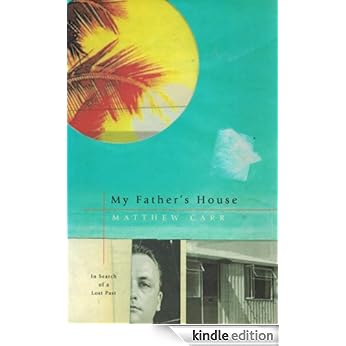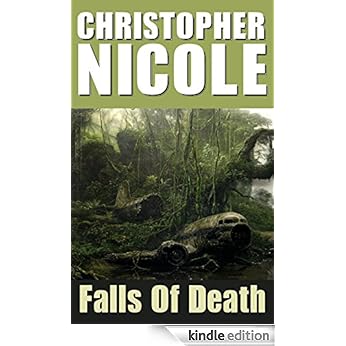Finished reading The French Lieutenant's Woman by John Fowles. I love this novel. The narrator is telling in 1969 a story set in the south of England between 1867 and 1869. That was a time of Victorian puritanism but, as the novel shows, also a time of hypocrisy and double standards. Class differences of the main characters brought out that hypocrisy more.
At the beginning of the novel the main character has the reputation of a prostitute but we discover later that she was actually a virgin. A woman of the lower class, she is not accepted as normal even by her social peers. She thinks differently and acts differently. I like such kinds of women.
![]()












